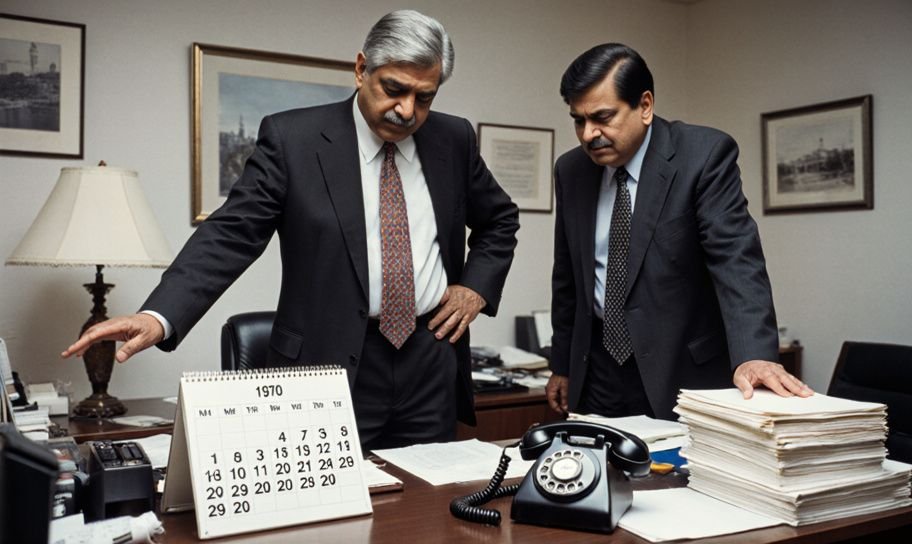
Quick Summary: A court has decided that two retired managers, Rajesh Verma and Sunil Mehta, won't receive back pay for jobs they didn't actually do. The appeal was turned down, and the court stuck to its earlier decision.
In this case, Rajesh Verma and Sunil Mehta wanted payment for jobs they never actually did. They wanted back pay as Assistant Managers from 1979 and Deputy Managers from the mid-1990s. However, their previous request was denied by the original court, and they decided to appeal.
The court, led by Chief Justice Sri Aparesh Kumar Singh and Justice G.M. Mohiuddin, agreed with the earlier decision. They explained that while Rajesh Verma and Sunil Mehta could be recognized for their job level from earlier dates, they weren't entitled to money from those dates. The court stated:
"Benefits of revised seniority from the notional date retrospectively will not entitle the appellants for monetary benefits."
The court explained that since Rajesh Verma and Sunil Mehta didn't actually work in those higher jobs during the specified times, they shouldn't get paid for it. This matches a rule from 1985 that was mentioned during the case. The court also looked at a similar case from the Madras High Court but decided it didn't change the outcome.
Rajesh Verma and Sunil Mehta mentioned a Supreme Court decision that set their job level from an earlier date. However, the Supreme Court didn't order back pay from that date, which was a key point in the court's decision to turn down the appeal.
In the end, the court turned down the appeal, agreeing with the earlier decision that money should only be given from the date the work was actually done. The decision was final, with no costs ordered against Rajesh Verma and Sunil Mehta.
This case shows that you need to actually do the work to get paid for it, even if your job level is recognized from an earlier date.